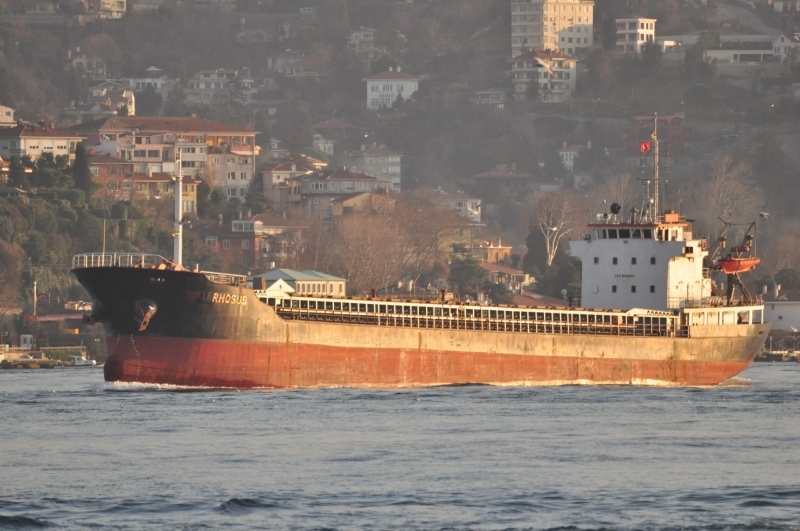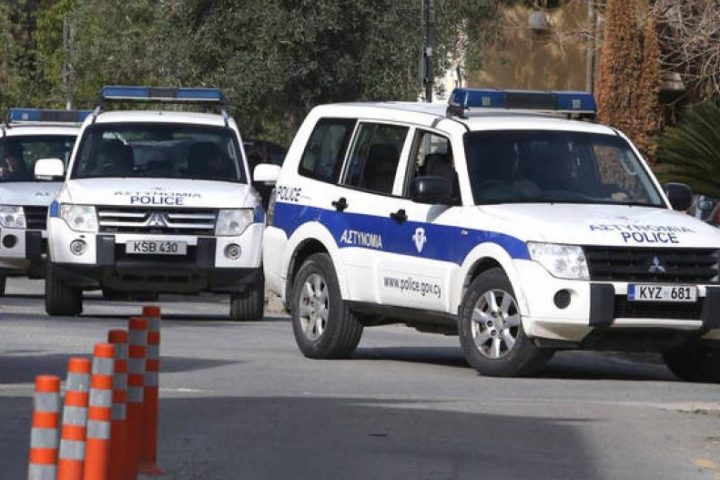Cypriot police said they had questioned a Russian suspect over alleged links to a ship and its cargo of ammonium nitrate said to have caused the devastating explosion in Beirut.
“Lebanese authorities asked us to locate the individual and ask him some questions, which we did,” a Cypriot police spokesman told AFP.
“His response has been sent back to Lebanon.”
The police spokesman said Igor Grechushkin was not arrested but asked specific questions relating to the ship’s cargo as requested via Interpol Lebanon.
“We have done what was requested from us,” the official said.
Earlier on Thursday, Cyprus’s Interior Ministry denied media allegations that Grechushkin also held a Cypriot passport but said it would offer assistance to Lebanon.
Cypriot daily newspaper Politis said Grechushkin is a resident of Limassol — one of the world’s largest ship management centres.
In 2013, around 2,750 tonnes of ammonium nitrate came into Lebanon on board the Rhosus ship, sailing from the nation of Georgia and bound for Mozambique.
Grechushkin had leased the ship, which docked at Beirut port with a small hole in its hull, The New York Times and other media have reported.
Marine Traffic, a ship tracking platform, said the Moldova-flagged vessel first arrived in Beirut’s port, the country’s busiest, on November 20, 2013, and never left.
The Lebanese law firm, Baroudi & Associates, which represented the vessel’s crew, said the Rhosus ship arrived at the Beirut port from Batumi port in the Black Sea in November 2013.
The vessel was carrying “2,750 metric tonnes of High-Density Ammonium Nitrate” and was “intended to ship a certain cargo from Beirut Port to Jordan,” it said in a statement received by AFP.
“However, Beirut Port’s Port State Control officers prevented the vessel from loading her cargo and from sailing due to various technical defects and her non-compliance with maritime safety requirements,” the statement said.
It added that the owner of the vessel and those who had chartered it abandoned the crew members to their own fate with no supplies and medicine.
The crew asked Baroudi & Associates to represent them and help secure their repatriation, according to the firm.
The firm said it had cautioned Lebanese authorities over the danger of the potentially explosive cargo.
We “warned in particular about the risks of explosion and of the damages which would result therefrom, giving the example of the 1947 Port of Texas City Ammonium Nitrate explosion,” it added.
The law firm said the crew was repatriated in September 2014 after a Lebanese judge authorized their departure.
But a claim by the law firm lodged at a Beirut court for the crew’s unpaid wages was dismissed “for lack of jurisdiction,” it added.
Several security officials told AFP in Beirut that the Rhosus had been seized by Lebanese authorities following a lawsuit filed by a Lebanese company against the shipowner.
Port authorities unloaded the ammonium nitrate and stored it in a rundown Beirut port warehouse with cracks in its walls, and the ship sank sometime later because of damage, the officials said.
The warehouse started to exude a strange odour, which led security forces to launch a 2019 investigation that concluded that the “dangerous” chemicals needed to be removed from the premises.
The agency also noted the walls of the warehouse were unsound, urging the port authorities to repair them.
It was not until this week that workers were dispatched and began repair works, with some speculating it might have triggered the blast.
The explosion on Tuesday killed at least 149 people, wounded thousands and caused billions of dollars in damage.
The blast was felt as far as Cyprus, some 240 kilometres away.










